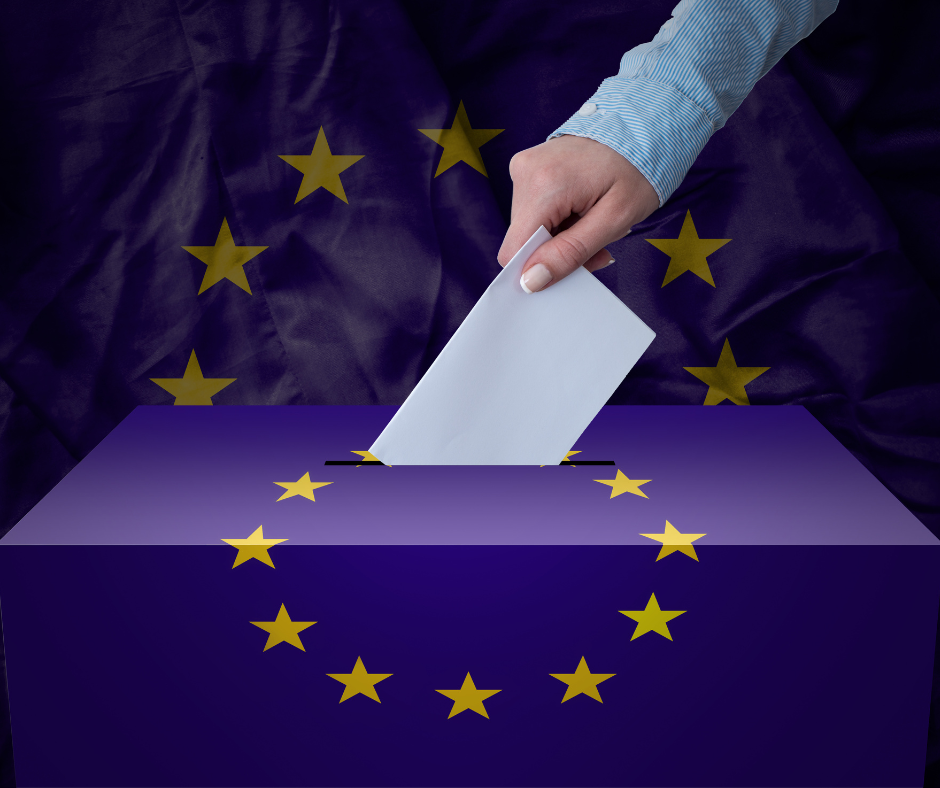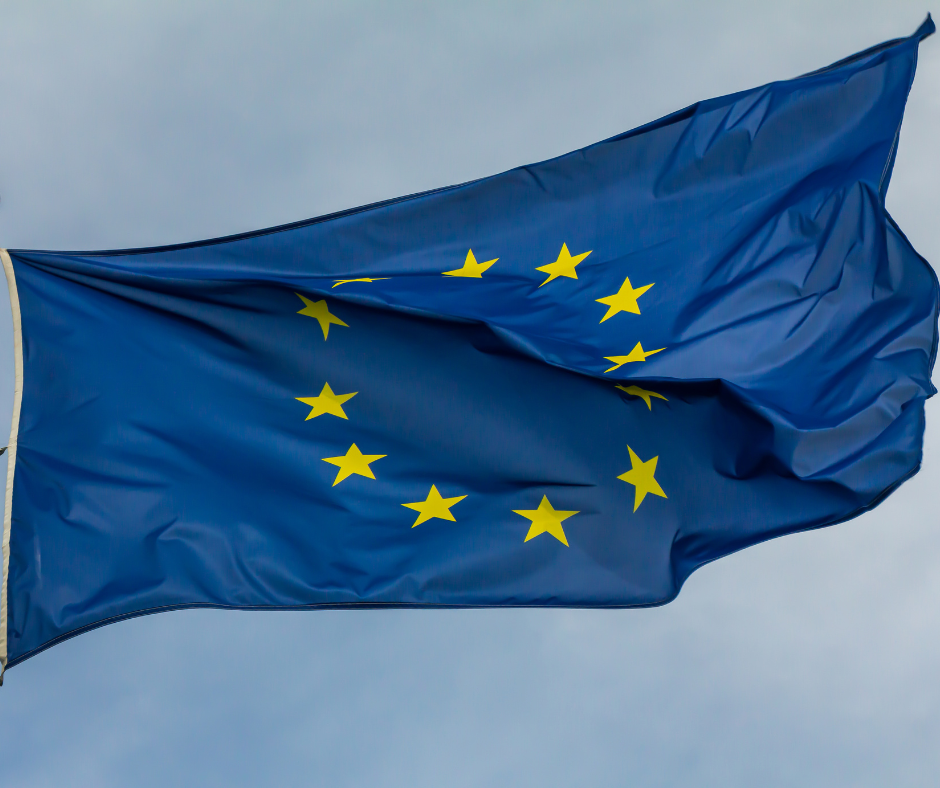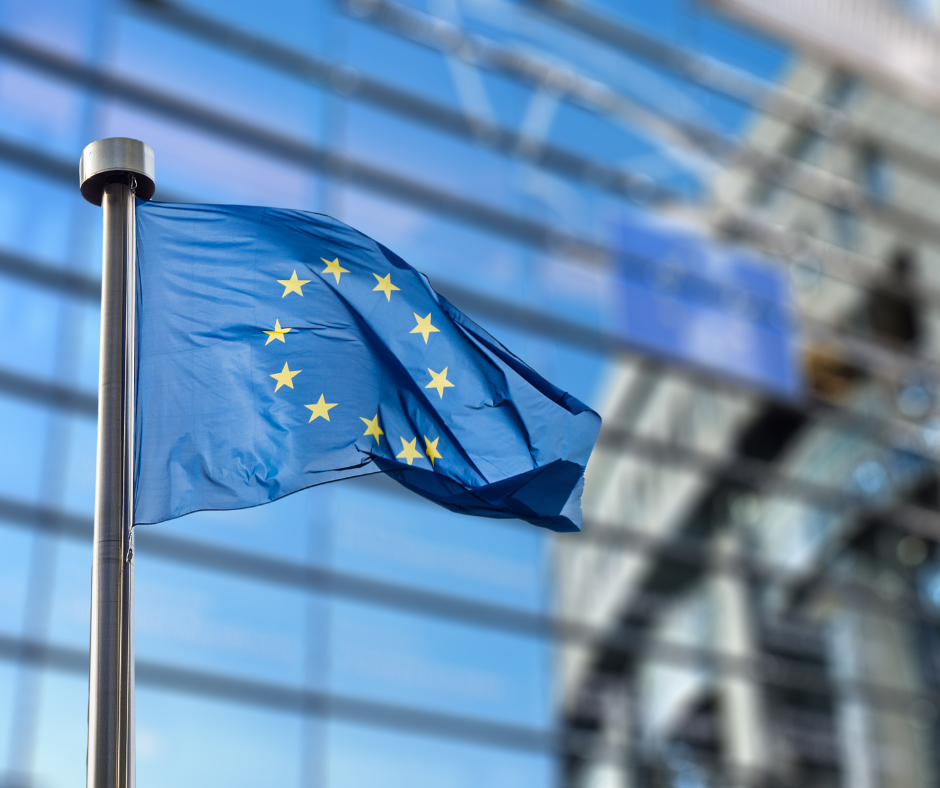Our government affairs manager, Zoltan Kesz, interviewed a candidate from The Liberal Initiative for the European Parliament. The conversation sought to understand their perspectives on the future of Europe, the strategies they recommend for addressing present issues, and their position on important policy issues.
What are the biggest challenges the EU is currently facing?
“Our main goal should be to uphold the European values of democracy, liberty, security, social protection, and sustainability, both now and in the future, for Europeans.
We are confronted with immediate crises, such as the war of Russia against Ukraine. We stand firmly with the Ukrainian people. Additionally, we face strategic challenges, including the need to avoid dependency on tyrannical regimes for energy, food, and technology. To this end, we advocate for diversifying suppliers through free markets, international commerce, and development cooperation.
However, the most significant challenges we face may be less apparent. The cost of living crisis could intensify, particularly as recovery plans need to be repaid, potentially fueling greater populism. Demographic trends may severely impact our economies and welfare states. Moreover, we are losing competitiveness in global markets, diminishing our ability to generate resources and solutions for other pressing issues, such as the technological and energy transition.
What is your vision of Europe in the coming decade?
We firmly believe that Europe should lead the world in innovation. To achieve this, we must minimize bureaucracy, complete the common market, and unlock the creative potential of 450 million Europeans. This vision extends beyond economic growth; it is about ensuring robust social systems and creating a more sustainable continent. It is about cultivating a society with possibilities and opportunities for all.“
How do you see the role of AI in the near future? What do you think of regulating it?
“We recognize the immense potential of AI, alongside the risks of its misuse to erode our freedoms and rights as individuals and citizens of democratic, free-market, open societies. While embracing change, we must not usher in dystopias where people are disenfranchised. And we should not have the conceit to micromanage progress. Regulation should firmly protect freedoms and rights, establish ethic boundaries, clarify fair rules of engagement, and yet remain flexible enough to let innovation flourish.“
How does Europe benefit from free trade agreements?
“Free trade is vital for enhancing everyone’s quality of life. Free trade is all about mutually beneficial economic interdependence, fostering cooperation and development, and uniting peoples and nations in peace — free trade benefits all parties. Europe greatly benefits from producing goods and services that other regions eagerly trade for their own production, thereby boosting global economic output, creating new resources, and generating opportunities for the people.
Free trade agreements are inherently political. Some have leaned heavily towards “managed trade”, an approach which we do not endorse. Free trade agreements should prioritize the removal of barriers to international commerce, and letting people make good use of their economic liberty.“
Many politicians talk about energy diversification. What is the ideal solution, in your opinion?
“Energy source diversification is not only a technical necessity, it is a geopolitical imperative.We simply cannot be held hostage by regimes that are openly hostile to the principles of liberal democracy. We advocate for lower taxes on energy, the principle of technological neutrality regarding government approach to energy production, a more connected European energy grid, a competitive common market based on open free market competition.“
Which one do you prefer and why? Innovation vs regulation?
“We believe that innovation is the path to a more competitive Europe, fostering greater prosperity, opportunities, and an enhanced quality of life. As staunch advocates of the free market, we recognize that a lack of rules can lead to a tragedy of the commons. Regulation should protect freedoms, rights, and legitimate social concerns—addressing negative externalities like pollution—while allowing competitive open-market innovation to thrive. It should ensure swift, firm, and fair adjudication when boundaries are crossed. We support sensible regulation—not bureaucracy, empowering petty powers, large-scale dirigisme, or obstructing progress. We envision a society where individuals do not need permission to peacefully and productively pursue their purpose in life. Thus, we believe political power has a duty to simplify people’s lives.“
What are your constituents concerned about regarding the European Union?
“The Portuguese people are primarily concerned with national issues such as the cost of living, housing, and healthcare, often projecting these concerns onto the European Union. On matters closer to the EU’s competences, such as reacting to the war in Ukraine, sustainability, and development funds, opinions diverge. Some Portuguese factions advocate populist measures, such as interfering with the ECB, implementing extensive Europe-wide welfare programs, and adopting stringent policies on migrants. In contrast, liberal voters prioritize reducing European bureaucracy (exacerbated by domestic gold-plating), reevaluating funds to foster reforms and economic autonomy rather than dependence, and enhancing Europe’s global competitiveness.“
Do you think it is wise to accept more countries into the Union?
“We believe that it is an ethical obligation of the European Union to welcome the countries which have managed to live up to the ascension requirements – especially respect for human rights, democratic institutions, free markets – and want to continue on that path.“



